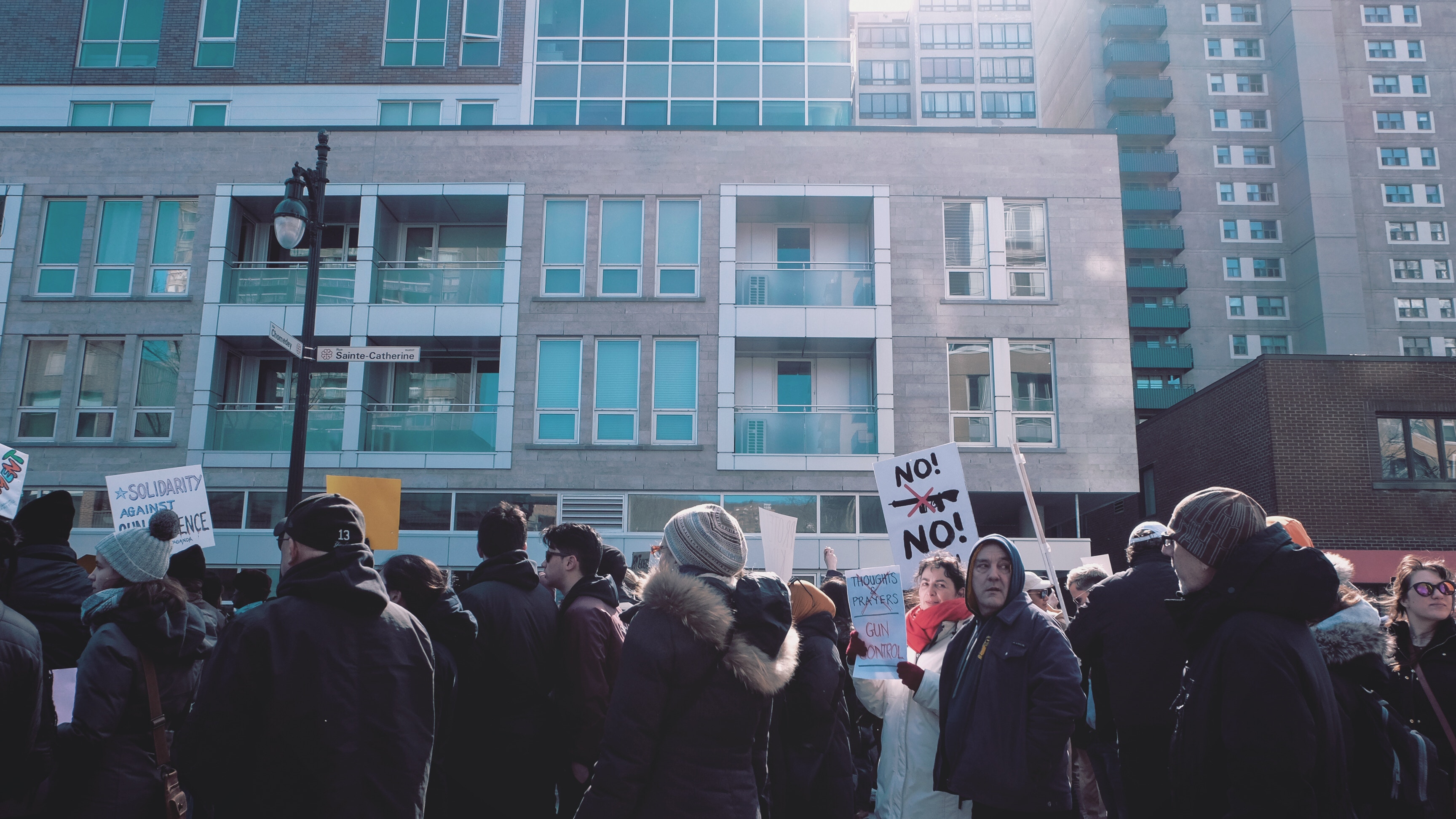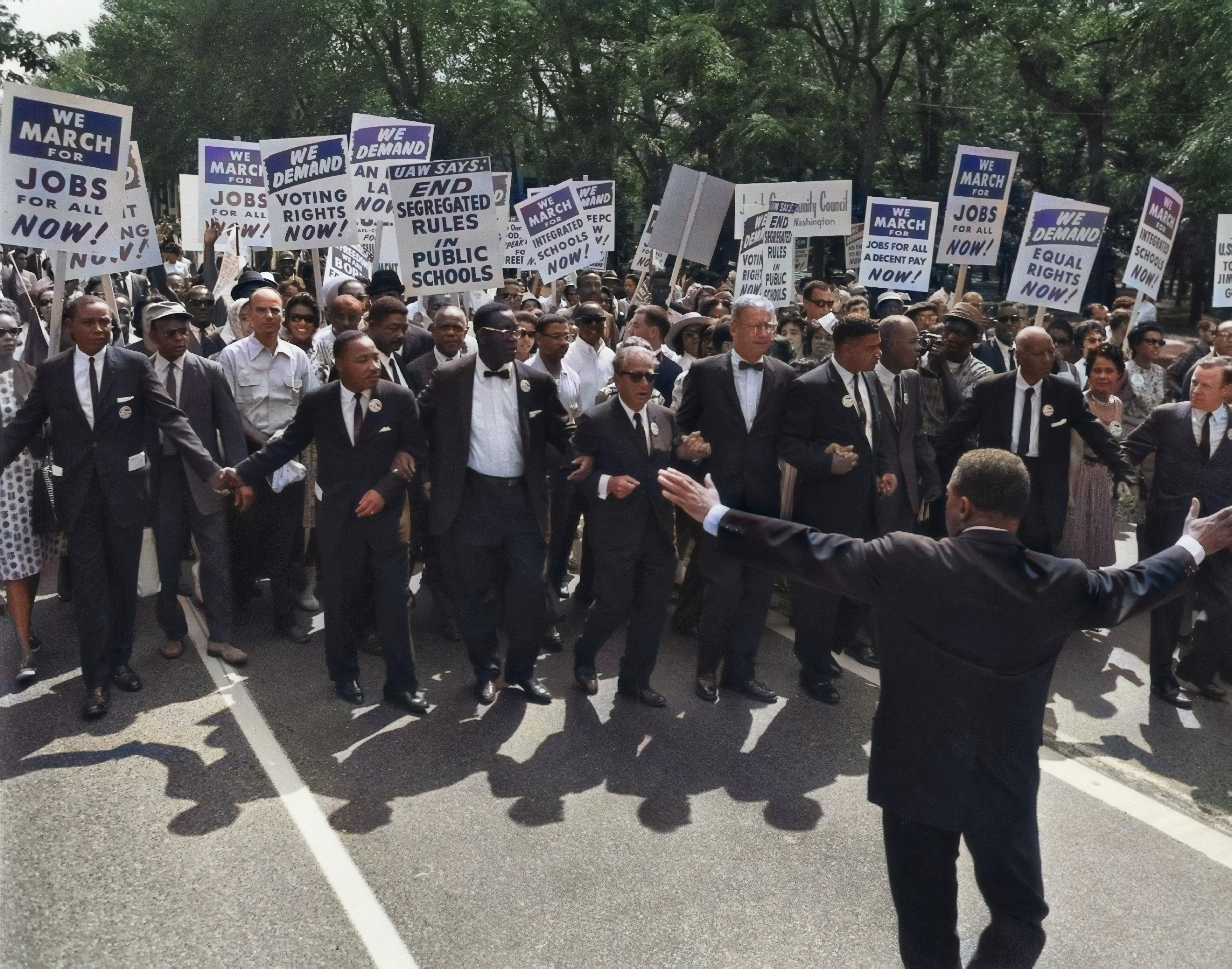
Photo by History in HD on Unsplash
The question of who is dominating and driving the discussion around black identity politics is sweeping. Tackling this project has opened my eyes particularly to the rich heritage of black journalists who have made an impact over the last near-50 years. The following represents a summary of my discovery, mainly in the worlds of journalism and politics. We begin with a brief note on psychology studies of racism, then move into the related fields of journalism and politics, concluding with news-makers in pop culture, as relates to our topic of identity politics concerning African-Americans. This essay is by no-means exhaustive, but I hope it will serve as a starting point for understanding the conversation around black identity politics in America over the last half-century. I have linked to websites and articles throughout that go much more in depth than we have time for here, and also have a list of recommended reading at the very bottom of the post. I invite you to read as many as you can, simply to understand differing perspectives – both within and outside the African-American community. It is only by understanding the positions on both sides that we can begin to logically come to an informed conclusion.
The question of how group identity weighs on an individual is currently being studied at an unprecedented degree. In sociology, racism is a form of in-group vs. out-group preferences, on both sides. Those belonging to the in-group feel as though those outside the group represent a threat. On one side, white or simply non-black Americans form an in-group, regarding the out-group of black Americans as a threat to the in-group’s status quo. Resulting in two groups which are distrustful of each other. Then comes the error of confirmation bias; as members of the out-group commit acts the in-group finds objectionable, this seemingly shows the in-group that their initial distrust was correct. This conclusion reinforces the bias, and as this process is repeated, it increasingly impacts the in-group’s view of the out-group. As this process is repeated and our biases grow stronger, prejudice begins to form.
“Let black people cover black topics.”
The overwhelming sentiment expressed by journalists of African descent is that they were usually pigeonholed into covering so-called “black topics,” which were entertainment, sports, and ‘urban affairs.’ As I was familiarizing myself with the African-American journalists highlighted here, this was the snare they each hoped to, and successfully did, avoid. The desire of these writers was, “let us have the same opportunities.”
Mal H. Goode became the first African-American journalist hired by ABC in 1962. Assigned to the prestigious United Nations beat, Goode covered the Cuban missile crisis, the race riots around the country in the 1960’s, and remained at the United Nations until the 1980’s.
John H. Johnson is remembered as the pioneer of African-American publishing. He founded both Jet and Ebony magazines, which both focus on the achievements of outstanding African-Americans. He was also the first African-American to be listed on Forbes’ list of 400 wealthiest Americans.
“Good English, well spoken and well written, will open more doors than a college degree…”
William Raspberry
William Raspberry wrote for the Washington Post from 1966 until 2005. He won a Pulitzer Prize in 1994 for his outstanding commentaries. Time Magazine in 1974 called him “the most respected black voice at any white US newspaper.” He spoke openly about issues in education and criminal justice, as well as race relations, and was well-respected for doing so.
Thomas Chatterton Williams made a splash in 2007 with a heartfelt opinion essay on hip-hop culture and the extinction of black American culture. In it, Williams laments the fact that the hip-hop street culture is what informs Americans about black culture, in a bottom-up manner, warning that black culture itself is in danger of disappearing should that trend continue. Rather than striving for intellectual heights, the streets appear to be all that black youths can or should aspire to. Williams warns that black culture will not improve until it has been separated from street culture. He currently writes for The American Scholar.
John McWhorter’s writings on race relations focus on the tendency for African-American students to lag behind their peers in academic settings. A linguist at Cornell University and author of several books. His writing tends to call out the ‘victimization’ narrative and challenge youths to aspire to succeed and build up their communities.
Ta-Nehisi Coates is arguably the most prolific African-American writer on race relations today. His landmark essay for The Atlantic, ” The Case for Reparations,” argues that the black community is still being wronged by housing policies, economic inequality and a failing justice system. Coates’ and McWhorter’s arguments, and those like them, are typically presented as occupying opposing sides of the discussion around African-American race and politics.
“The Enduring Whiteness of American Media”
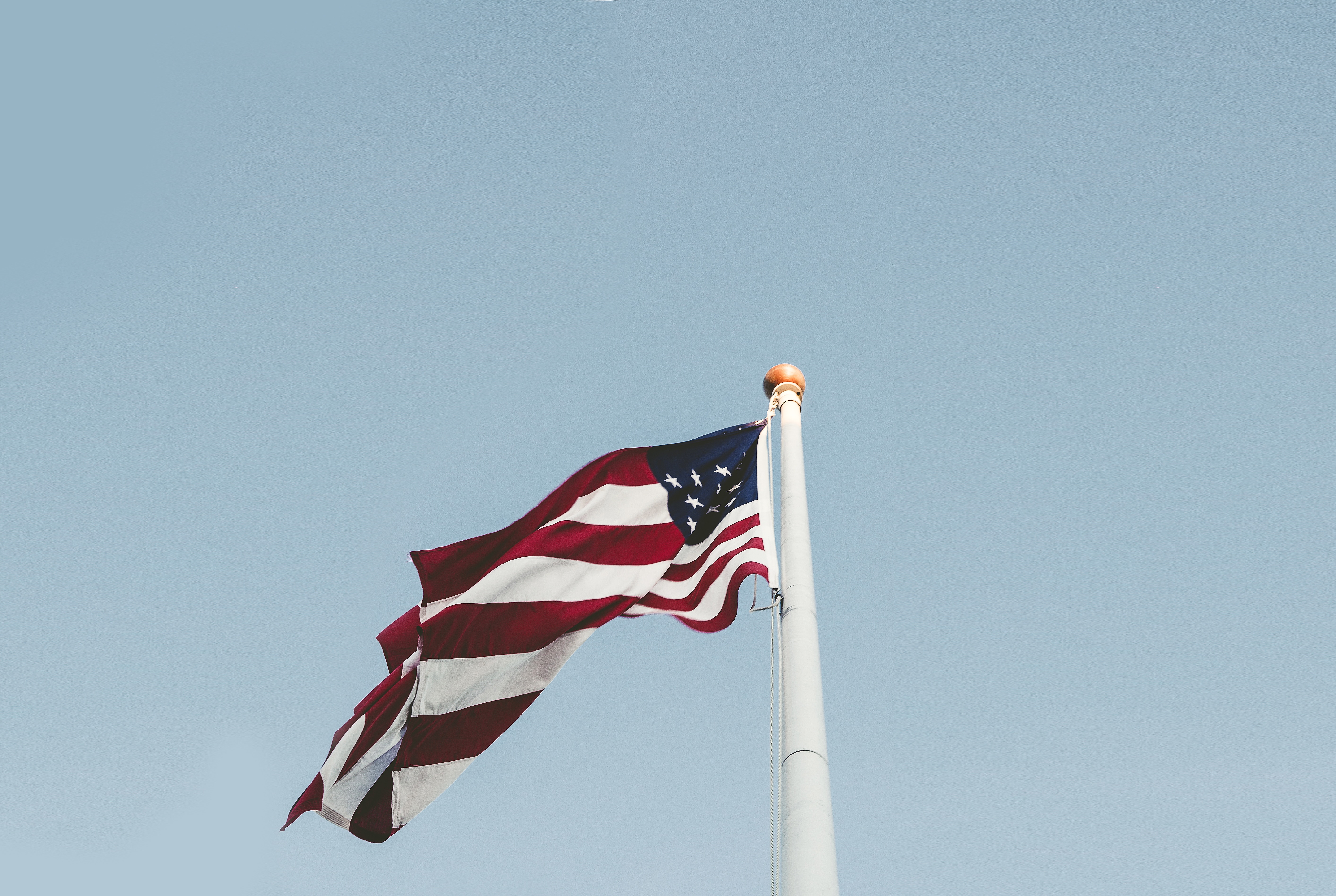
Photo by Thomas Kelley on Unsplash
In 1978, the American Society of News Editors pledged to hire enough minorities to accurately reflect the demographics of the population by 2000. This goal was not met. It seems it has never been close to being achieved, though the year 2025 is the next benchmark. This disparity in media has been commented on by many black journalists, but perhaps most prominently by Howard W. French.
Writing for The Guardian, French argues that the majority of black journalists are publicity hires, relegated to the stereotypical beats of entertainment, sports, and ‘urban affairs.’ Because blacks are not represented in the broader landscape of journalism, in such areas as national security, finance, science or technology, this reinforces America’s view of herself as a white country, and conditions the rest of the world to think the same. In “The Enduring Whiteness of American Journalism,” French maintains that because black journalists are relegated to certain topics, American media maintains a mostly white image. It is, therefore, this disproportionately white media which contributes to an inaccurate view of the country.
But it’s better now, right?
According to NPR, modern journalism still has a long way to go. The article cites a 2016 study which found that women and minority groups only make up less than 5% of newsrooms, which is astounding considering that 40% of the country is composed of minorities.
It would appear at first glance that the media has become more inclusive over the last 40 plus years. I would have thought so before researching this topic. The African-American voice has found a place in modern journalism. We see Don Lemon anchoring on CNN; we see Ta-Nehisi Coates’ column in the Atlantic and even writing comic books because of his perspective and abilities.
Clearly, though, there is still much progress to be made in journalism. Bringing journalists of minority heritage into the national media remains, as French wrote, a key path towards have an accurately balanced discussion. It seems that the current discussion around racial identity is still framed from the perspective of a (vanishing) white majority. It will be interesting to see what the 2025 report tells us about progress in this area.
Key Political Moments in African-American History
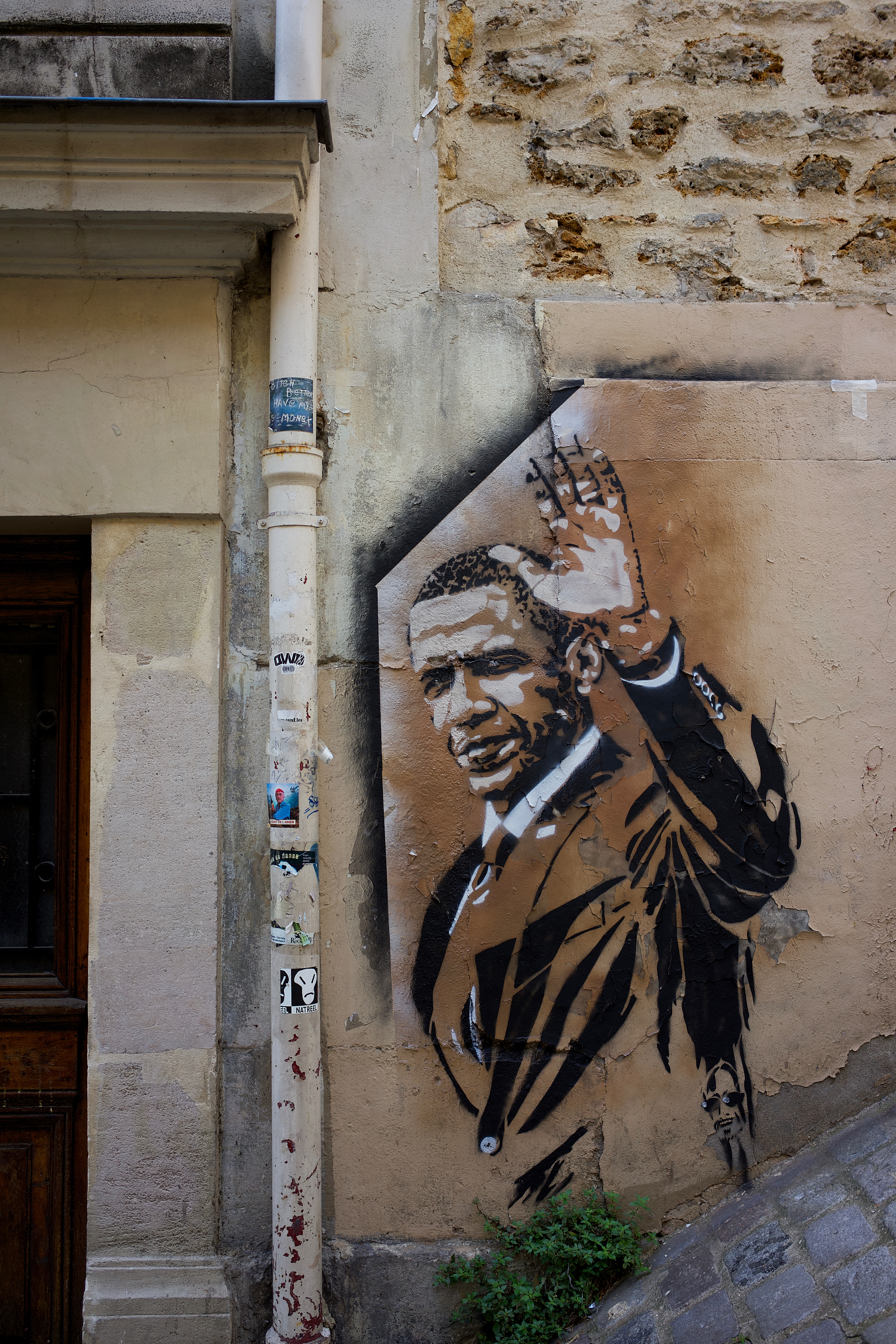
Photo by Lubo Minar on Unsplash
Each of these events represents a landmark in the effort towards putting African-Americans on equal footing politically, economically, and socially with their white counterparts. Every one of these entries has had numerous books written on the subject, but for our purposes, we just need to understand how the overall climate is shifting.
March 1961
President Kennedy signs an Executive Order creating the President’s Committee on Equal Employment Opportunity, which is now the EEOC. It was in this Executive Order the phrase ‘affirmative action’ was first used, intended to make employment and education opportunities accessible to women and minorities. Critics, then and now, claim that affirmative action prioritizes minorities over Caucasians, and is therefore, discriminatory by definition. Advocates, however, posit that minorities and women have been discriminated against historically and therefore deserve concerted efforts to bridge that historical gap. An excellent summary of the history and arguments around affirmative action is linked here, as well.
August 1963 – March on Washington
Martin Luther King, JR. addresses the largest human rights campaign rally ever assembled, giving his “I Have a Dream” speech on the steps of the Lincoln Memorial. This is one of the highest points of the Civil Rights Movements
July 1964
The Civil Rights Act of 1964 is passed, banning the discrimination by employers based on race, color, sex, religion, or national origin and establishes the EEOC.
August 1965
The Voting Rights Act of 1965 prevents the use of a literacy tests for voting eligibility, effectively eliminating a racist and discriminatory practice.
February 1965 – Malcolm X assassinated
Malcolm X’s political ideology and charisma are well documented. Briefly, Malcolm X was introduced to the teachings of the Nation of Islam, which advocated for the separation of races and black nationalism, denouncing all Caucasians as ‘devils.’ Malcolm X took the even more extreme stance of advocating for equal rights by “any means necessary,” in contrast to civil rights advocates for peaceful demonstrations, such as Dr. King. Though his initial positions were controversial, Malcolm X’s eventual moderate position and his Organization for Afro-American Unity aimed at dismantling racism, rather than considering whites the enemy. His assassination in 1965 is another illustration of how tense the country’s race relations were at the time.
April 1968 – MLK assassinated
The assassination of Dr. Martin Luther King Jr. sparks rioting, shocking the world and sending the nation into a period of mourning. His death paved the way for the Fair Housing Act, which is considered the last landmark achievement of the Civil Rights era.
April 1968
The Fair Housing Act is signed, explicitly banning discrimination of sales, rentals or housing financing against race, religion, gender, or national origin. This expanded on the rights granted in the 1964 Civil Rights Act, but it did not bring a complete end to housing discrimination.
October 1987
Jesse Jackson, a key figure in pushing for employment rights, announces his second and most serious presidential bid. His energetic campaign is built from a grassroots movement on his identity as an outsider from the political establishment. He was the first viable African-American candidate for the presidency, and garnered roughly 20 percent of the vote.
April 1992 – Los Angeles Riots
Racial tension between minorities and the LA police department erupted when video of the brutal 1991 police beating of Rodney King, a black motorist, was released. The Los Angeles Riots were in response to the acquittal of the white officers who were involved in that beating. In the next 3 days, over 50 people were killed and $1 billion worth of property was damaged, prompting the mayor to declare the city a disaster area and Governor Pete Wilson to call in federal troops.
June 1994 – Oct 1995 and beyond… – OJ Simpson Trial
Clearly, this was the trial of the century, so I’ll spare you the summary – of which there are many – and the analyzes, which are innumerable. Suffice to say, Johnnie Cochran’s “Dream Team” transformed this this double homicide case into a conversation entirely about race relations, indicting and captivating the nation in the process. The racial tension and captivating nature of the case is still referenced in sports & media regularly and informs the current conversation nearly 30 years later.
November 2008
Barack Obama, senator from Illinois, is elected President of the United States, becoming the first African-American President in history. He would be re-elected in 2012. Obama’s victory has been lauded by some as proof that America has moved past the issue of racial division. However, with Donald Trump’s subsequent victory, many claim that sentiment was a false conclusion.
President Obama held a decidedly moderate position when speaking on race relations and police brutality in the beginning of his Presidency, but after the horrific church shooting in Charleston, SC in 2015, he began to use increasingly strong terms.
Obama’s words, arguably, were intended to bring humanization to people who have historically been dehumanized. These same words were roundly criticized by some who thought he went too far in his condemnation of the officers and precincts involved, and by others who thought he did not go far enough in his condemnation. There is much debate about whether racial relations improved or declined during Obama’s presidency. The LA Times has compiled an excellent resource of all of President Obama’s comments on race during his presidency. It can be found here.
2013 – ongoing “Black Lives Matter”
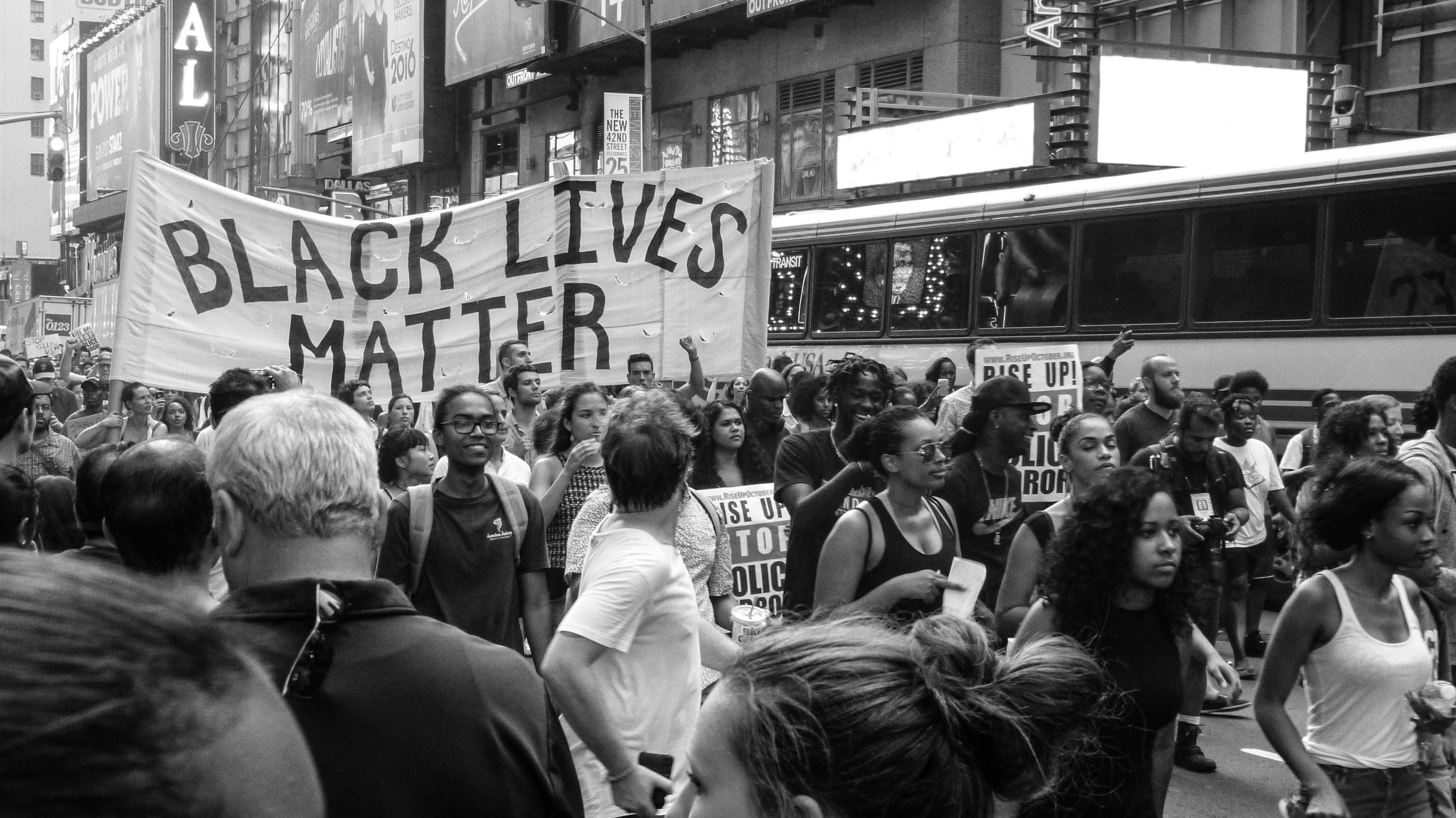
Photo by Nicole Baster on Unsplash
In the wake of the police shootings of several unarmed black men around the country, the conversation surrounding the African-American community has been thrust center-stage. This has prompted the formation of the activist group Black Lives Matter which protests systemic racial injustice against black people. Writer Shaun King has garnered national attention for his support of the movement. The support and/or criticism for BLM has largely fallen along political lines, with Democrats more likely to be for and Republicans more likely to be opposed.
Listening to the national media today, one gets the feeling that racial tensions are at record highs. However, many reports, including this CBS study, show that at more localized outlets, people are not as polarized as the national conversation may claim.
It would seem, that progress has been made, with discrimination being called out and made illegal in most sectors. Efforts now center around gerrymandering, housing practices, and a failing justice system. Currently, much discussion surrounds the importance of identity politics in relation to the 2020 presidential campaigns of Kamala Harris and Cory Booker, in particular.
Notable Pop-Culture Voices
This final section is, in no particular order, a sampling of voices and personalities in pop-culture who have influenced both African-Americans and the country at large. Many are authors, others are athletes and filmmakers. All have been influenced the national conversation on African-American identity politics in America.
James Baldwin
Baldwin’s writings and quotes have been quite commonplace today. As he was a staunch supporter of civil rights, and a key voice of the black experience in America, his writings are at the fore-front of the conversation around black identity. Baldwin’s essays and novels show in breathtaking detail the black experience in America. Go Tell It on the Mountain is considered his best work for those unfamiliar with his writing. The Fire Next Time is also a popular first read. His novel If Beale Street Could Talk was made into an Academy Award-winning film in 2018.
Toni Morrison
Morrison is considered the voice of African-American women growing up. Her novels Beloved and Song of Solomon are perennial bestsellers and considered required reading for the 21st century.
Ben Shapiro
Notably, libertarian analyst Ben Shapiro is one of the most popular critics of identity politics. His criticism centers around the trend of the political left’s focus on identity at the expense of political ideology. Rather than focusing on policy that helps the most people, identity politics breaks the population down into groups, fracturing rather than uniting the population.
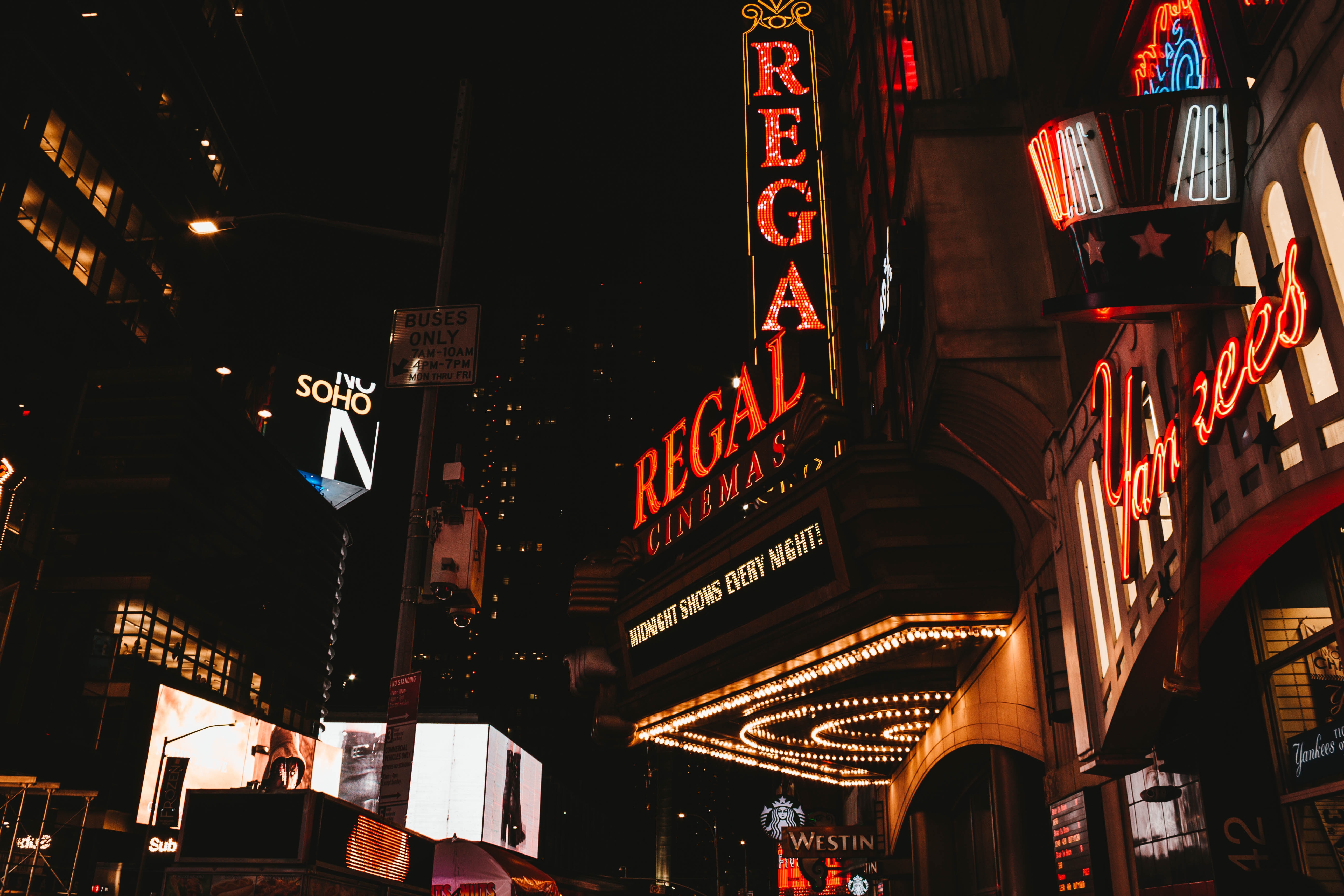
Photo by Aditya Vyas on Unsplash
Oscars So White
In response to the annual film awards nominees being predominately white in the top 20 categories for 2 years running, the hashtag #oscarsssowhite began circulating on Twitter in 2016. Stars like Will Smith and his wife Jada Pinkett-Smith and Spike Lee refused to attend the ceremony in response. This was an impetus to Hollywood vowing to create a more diverse Academy and to implement diversifying hiring outlines. In 2018, the Academy invited 928 new members in its efforts to create a more diverse pool.
Spike Lee
Spike Lee was one of the most vocal supporters of the Oscars So White Campaign. The director is renowned for highlighting social issues like racism, urban violence, and politics in his films, and is committed to celebrating African culture in his films.
Oprah Winfrey
Oprah needs no introduction. She is a journalist, entrepreneur, media figure and philanthropist. She has been called the most influential woman in history. She is an inspiration to millions of people across the country. She paved new roads for African-Americans and women at the same time by hosting her wildly popular talk show for 25 years, owning her own studio, magazine, and foraying into Broadway, film, and radio. She has donated millions of dollars towards humanitarian and educational causes, and has had an unmistakable influence on American culture.
Colin Kaepernick
Colin Kaepernick’s decision to kneel during the national anthem has drawn every level of support and criticism. He entered the NFL into the discussion around police brutality, and in doing so brought the issue into the living rooms of millions of Americans.
Conclusion
The conversation we are having today about police brutality, persistent economic disparity and race relations has taken different forms over the decades. Tracing the leaders back to the start of the conversation, shows how the same themes keep popping back up, and how leadership of one era influences the next. For me, the particularly interesting part was finding a rich history of black journalists whom I wouldn’t have otherwise discovered. I am excited to continue learning about the people contributing to this discussion, and will cover the stand-out voices of feminism next.
The very recent Jussie Smollett situation introduces another element to this conversation. It highlights that people are willing to invoke decades of struggle for a payoff. We can’t ignore the fact that hate crimes do exist, and by allegedly staging a false one, Smollett has only attempted to dilute the sufferings and realities of many, many people.
Further Reading:
Ta-Nehisi Coates – “We Were Eight Years in Power” (book), and his essay on being ‘Less Stupid about the Civil War’ both from The Atlantic. Coates is a challenging and provoking writer and his articles will leave you thinking and reflecting on what you know, what you think you know, and how to move forward. Just as he intends.
Thomas Shapiro – “Toxic Inequality”
This book single-handedly changed how I think about the federal government’s current policies around housing, the creation of wealth, and the perpetuation of inequality.
W.E.B. DuBois – “The Souls of Black Folks”
As DuBois astutely noted in this work, “the problem of the 21st century is the color line.” An outlining of how discrimination affects both groups and individuals, the book is an American classic about the progress of the African-American race.

